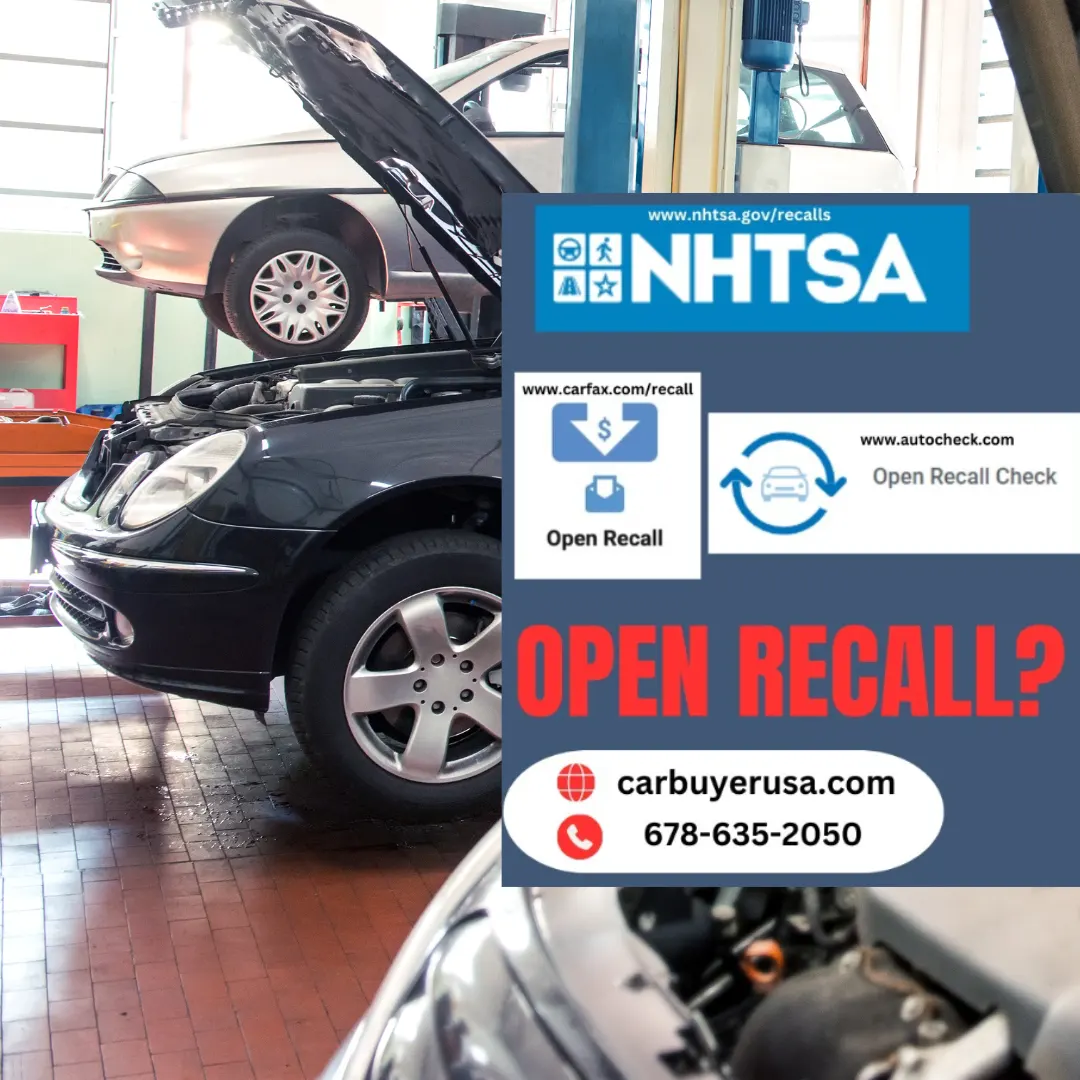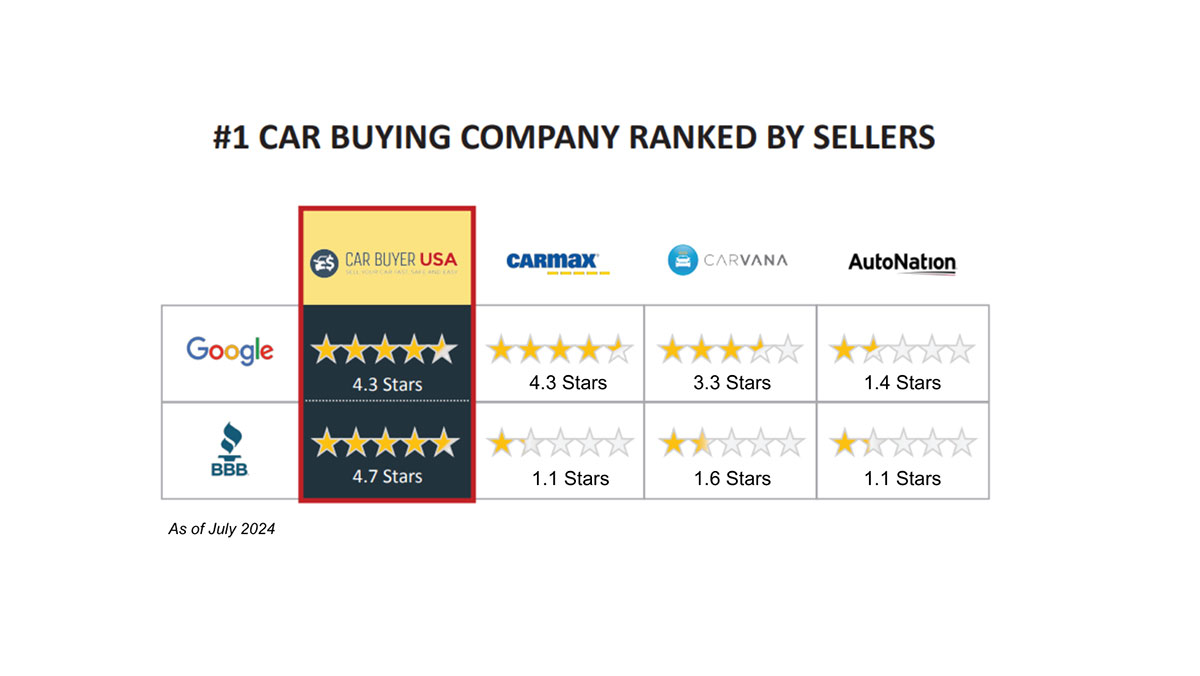
It’s that time again! Time to report on the latest vehicle recalls so you, the consumer will know if your vehicle is affected. These recalls impact hundreds of thousands of vehicles, underscoring the importance of ongoing vigilance by manufacturers and consumers alike. Since April, we have reported on recalls from Kia, Hyundai, Honda, Ford, Mazda, and Tesla. We will continue to provide monthly updates to keep you informed.
In a stark reminder of the critical importance of automotive safety, several major recalls have emerged since early July 2024, affecting a broad range of vehicles from various manufacturers. These recalls underscore the ongoing challenges the automotive industry faces in ensuring the safety and reliability of their products.
Among the most significant recalls is one affecting approximately 332,000 vehicles across the Jeep, Alfa Romeo, and Fiat brands. This recall addresses a range of safety concerns that could pose serious risks to drivers and passengers alike. The specific issues prompting this recall have not been fully detailed in public disclosures, but the sheer volume of affected vehicles indicates substantial underlying problems that require immediate attention.
General Motors has also issued multiple recalls, highlighting different safety hazards. Owners of the Chevrolet Bolt EUV and EV models from 2020-2022 are advised to take action due to a high voltage battery issue that could result in a fire. This recall echoes previous concerns about the safety of electric vehicle batteries and the critical need for rigorous quality control in their manufacturing. Additionally, the 2024 Chevrolet Blazer EV faces potential fractures in the right front lower control arm, while the 2024 Chevrolet Colorado and GMC Canyon have issues with improperly secured fuel pumps. Each of these recalls presents unique risks that could compromise vehicle integrity and occupant safety.
Toyota and its luxury division, Lexus, have recalled several models including the 2024-2025 Lexus NX and NX Hybrid, as well as the 2024 Lexus RX and RX Hybrid. The primary issue involves headrests that can be inadvertently removed without pressing the release button, posing a significant safety risk in the event of a crash. This recall highlights how seemingly minor design flaws can have major implications for passenger safety.
Ford has also been proactive in addressing safety issues, with recalls affecting multiple models. The 2024 Ford F-150 has been identified as having windshields that may detach during a crash, a defect that could have devastating consequences. Additionally, certain Ford Mustang models from 2022-2023 are being recalled due to problems with unintentional steering wheel movements. This defect underscores the importance of ensuring precise control mechanisms in vehicles. Furthermore, the 2025 Ford F-650 SD and F-750 SD trucks are recalled for potential loss of steering control, a critical issue that could lead to severe accidents.
Hyundai has announced a significant recall affecting nearly 50,000 Santa Fe and Santa Fe Hybrid models built between December 2023 and July 2024. The recall addresses issues with the wiring harness, which can cause unintended airbag deployment or failure to deploy in a crash. The severity of this defect has prompted a stop-sale order until the issue is resolved, reflecting the company's commitment to addressing safety concerns promptly and thoroughly.
These recalls serve as a powerful reminder of the automotive industry's ongoing responsibility to ensure the safety and reliability of their vehicles. Each recall represents not only a logistical and financial challenge for the manufacturers but also a critical safety issue for the consumers who depend on these vehicles daily. As the industry continues to innovate and develop new technologies, the importance of rigorous testing and quality assurance processes cannot be overstated. Vehicle owners affected by these recalls should contact their dealers immediately to arrange for necessary inspections and repairs to mitigate any potential risks.
For more detailed information on specific recalls, affected vehicle owners please visit nhtsa.gov/recalls, carfax.com/recall or autocheck.com.


